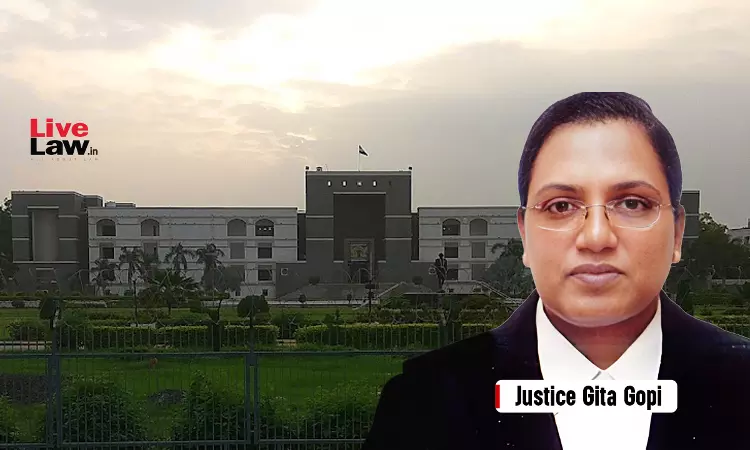Judicial Magistrate Can Order Voice Samples Of Accused For Investigation Of Crime: Gujarat High Court
Bhavya Singh
6 Aug 2024 2:30 PM IST

Next Story
6 Aug 2024 2:30 PM IST
The Gujarat High Court has recently observed that judicial magistrates have the power to order individuals, including accused persons, to provide voice samples for crime investigations. Referring to the Supreme Court's decision in Ritesh Sinha v State of Uttar Pradesh and Another, a single judge bench of Justice Gita Gopi in its July 16 judgment said, "Judicial Magistrate do have power to order...
